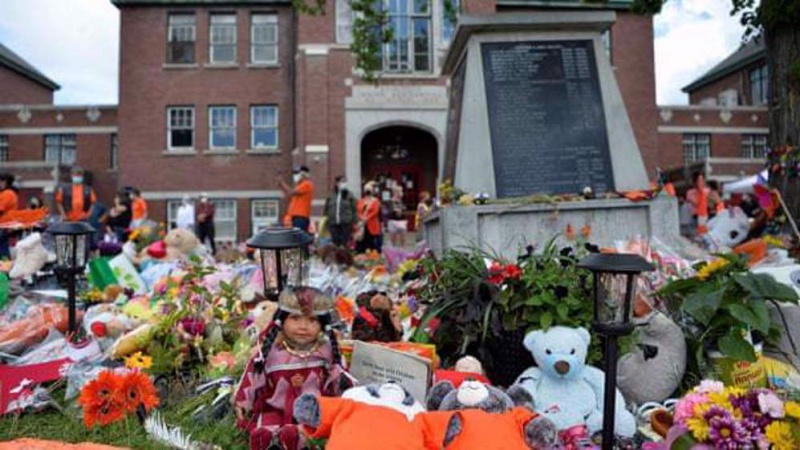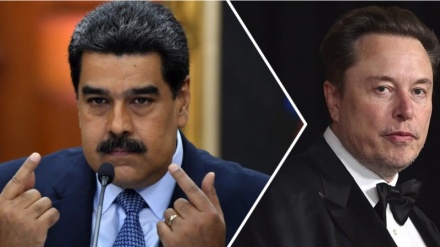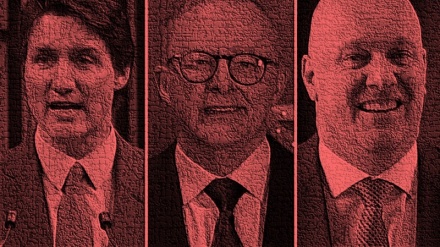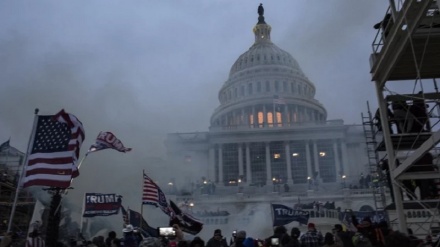Canada court upholds Indigenous child compensation order
A Canadian federal court has upheld a human rights tribunal compensation ruling that ordered Ottawa to pay $40,000 to First Nations children who suffered discrimination in the welfare system.
In 2016, the Canadian Human Rights Tribunal ruled that Canada has willfully and recklessly discriminated against Indigenous children by knowingly underfunding child and family services on reserve, pushing more Indigenous children into foster care.
In its follow-up ruling in 2019, the tribunal ordered the federal government to pay C$40,000 ($31,500), the maximum allowed under the Canadian Human Rights Act, to each affected First Nations child.
The tribunal also said that, with some exceptions, parents or grandparents of the children would also be eligible for compensation.
Prime Minister Justin Trudeau’s Liberal government appealed the ruling at the time, arguing that the tribunal overreached by ordering compensation which cost the federal government billions of dollars.
On Wednesday, Federal Court Justice Paul Favel dismissed the government's appeal for a judicial review of the order, saying the Attorney General of Canada, who has filed the application, had "not succeeded in establishing that the compensation decision is unreasonable."
Favel also encouraged two parties to continue negotiating, saying, "The parties must decide whether they will continue to sit beside the trail or move forward in this spirit of reconciliation."
Marc Miller, minister for indigenous services, said in a statement that the government is reviewing the latest decision and more information "will be forthcoming", adding that "Canada remains committed to compensating First Nations children who were removed from their families and communities.”
Meanwhile, Cindy Blackstock, executive director of the First Nations Child and Family Caring Society of Canada, urged Trudeau to “do the right thing”, saying the ruling was "a complete rejection of all the government’s spurious arguments, and a complete win for kids."
“Do not appeal these decisions and obey the legal orders to stop the discrimination. You owe it to the Survivors and the children who were lost to not fight against the equality and care of this generation of children,” Blackstock wrote in a post on her Twitter account.
The Canadian government's legal battles with indigenous people have come under increased scrutiny after hundreds of unmarked graves were discovered at the sites of former residential schools.
Since May, hundreds of unmarked graves of children have been discovered at former residential schools, run for indigenous children forcibly separated from their families in what has been called “cultural genocide.”
The victims, most of them children, died of disease, malnutrition, neglect, and other causes at the schools, where physical as well as sexual abuse was rife.
Canada’s Truth and Reconciliation Commission’s report in 2015 determined that at least 3,200 Indigenous children died while attending residential schools, and that the general practice was “not to send the bodies of students who died at schools to their home communities.”
Canada’s residential school system forcibly separated more than 150,000 First Nations children from their families between 1831 and 1996.
According to census data, in 2016, more than 52% of children in foster care were indigenous, while indigenous children only made up 7.7% of Canada's foster children in care population.
In 2008, the Canadian government formally apologized.
SS



